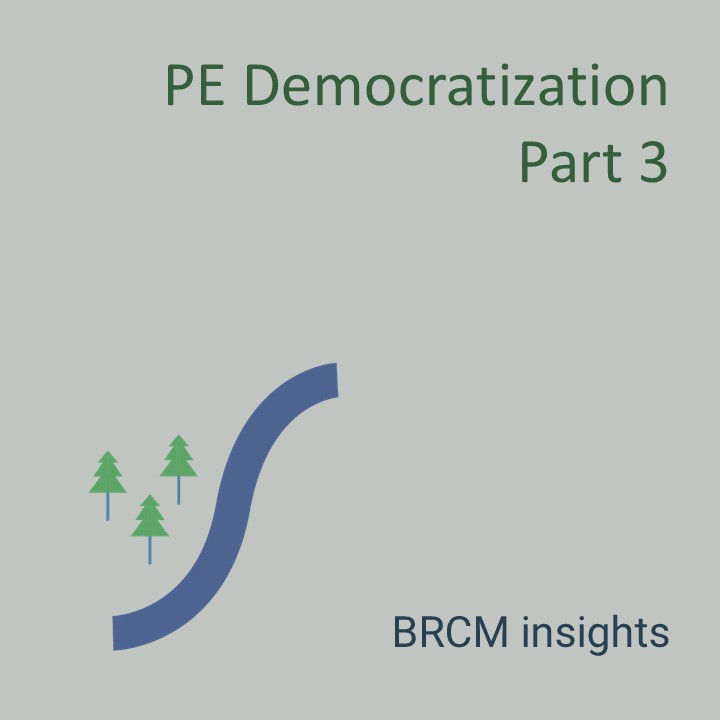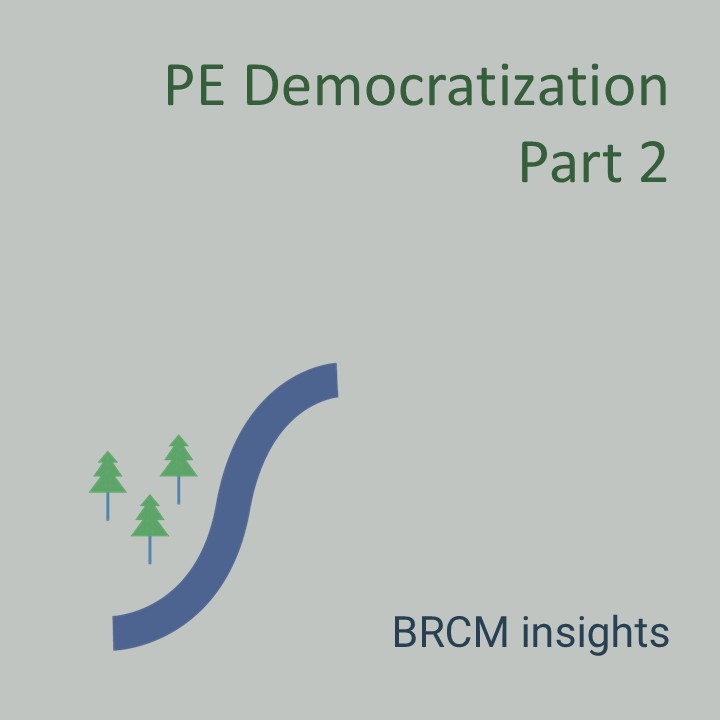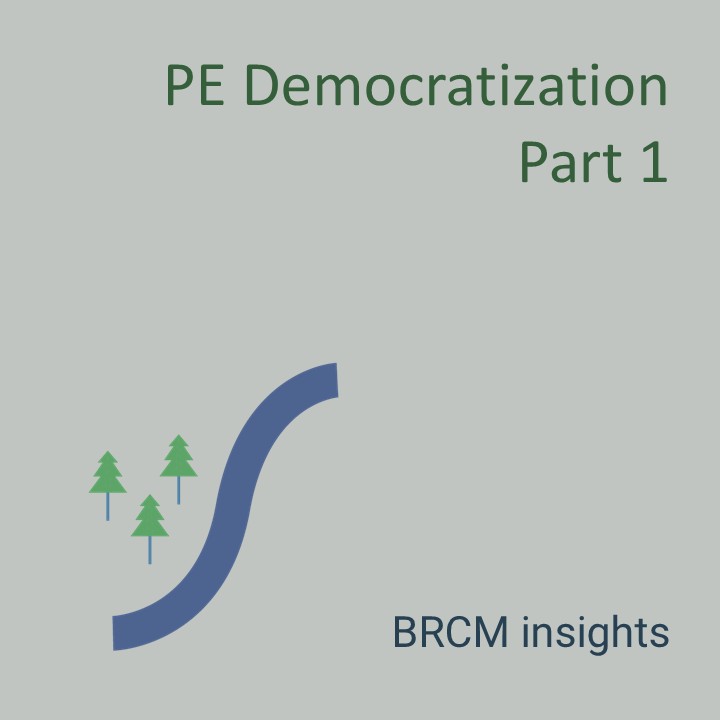As we have discussed in our last couple blogs in this series, while private equity and private credit have offered attractive returns and are a rapidly growing asset class, we probably should be skeptical of some of the motivations behind their democratization, especially given less reliable clarity into the funds and how their underlying investments are doing.
Well, what if we told you that it’s relatively easy to invest, but you might not be able to get your money out when you want?
Is anybody else reminded of “Hotel California” by the Eagles?
We are programmed to receive
You can check-out anytime you like
But you can never leave!
We went through the basic example of my wife trying to sell a chair and having difficulty doing so. Patience is her friend, but if she was in a pinch, she would probably have to accept a considerably lower price.
In private asset investing, illiquidity can be both a feature and a pitfall. What’s known as the “illiquidity premium” says that all else equal, an illiquid asset should offer a higher return than a liquid asset because of the greater challenge in converting to cash.
A patient investor—one with a long investment horizon or who potentially does not need the money—can overcome this lack of liquidity and instead take advantage of the illiquidity premium by being willing to wait for the right opportunity to convert to cash (i.e. sell).
Until relatively recently, private equity and private credit have typically only been accessible through funds with “lockups.” These lockups dictate that you are unable to withdraw your capital for a set amount of time, often around ten years, and allow fund managers to try to take advantage of illiquidity.
For large pensions, endowments, and sovereign wealth funds, their investment horizon is indefinite, meaning that they are investing for perpetuity; or a lot longer than any one of us will live.
In addition to lockups, private funds have often had large investment minimums that have excluded most investors.
Well, in the “democratization” of private asset investing, these barriers are being lowered.
New fund structures, like interval funds or tender funds, are designed to help reduce the anxiety and complete lack of liquidity that a lockup can create by offering periodic (monthly or quarterly, commonly) chances to cash out some or all of your investment. While that sounds nice, total redemptions are usually limited to a small percentage of the size of the fund or, even worse, are only offered at the fund manager’s discretion.
In a stable or relatively well-behaved market, these new designs probably will work well. But what if the managers turn out to be duds or asset prices are declining and you want to get your money back? Well, since the underlying investments are not liquid and there might not be an attractive deal to raise cash to pay back investors, you might get “gated,” which can be an extremely uncomfortable and frustrating situation.
We inherited just such a quagmire from a client whose previous advisor purchased an interval fund that has been unable to keep up with redemption requests. For a year we have been trying to liquidate the position, but we have barely made a dent in it. And this fund we are trying to escape is not a one-off “lemon.” Blackstone, one of the behemoths of private market investing, limited redemptions for a 15-month stretch from their flagship private real estate fund because requests to sell exceeded their monthly redemption cap.[1]
Admittedly, these types of restrictions can protect investors from falling victim to emotionally charged decisions, but that is a separate issue than if investors need access to that money.
As we have said, private investments can be a very attractive investment for some investors, but we emphasize that any allocation needs to be weighed carefully so that it doesn’t become a Hotel California nightmare.
If you have any questions about this blog, or other questions about your finances, please contact Blue River Capital Management at 503.334.0963 or at info@brcm.co.
This information is intended to be educational and is not tailored to the investment needs of any specific investor. Investing involves risk, including risk of loss. Blue River Capital Management does not offer tax or legal advice. Results are not guaranteed. Always consult with a qualified tax professional about your situation.
[1] https://www.breit.com/performance/









